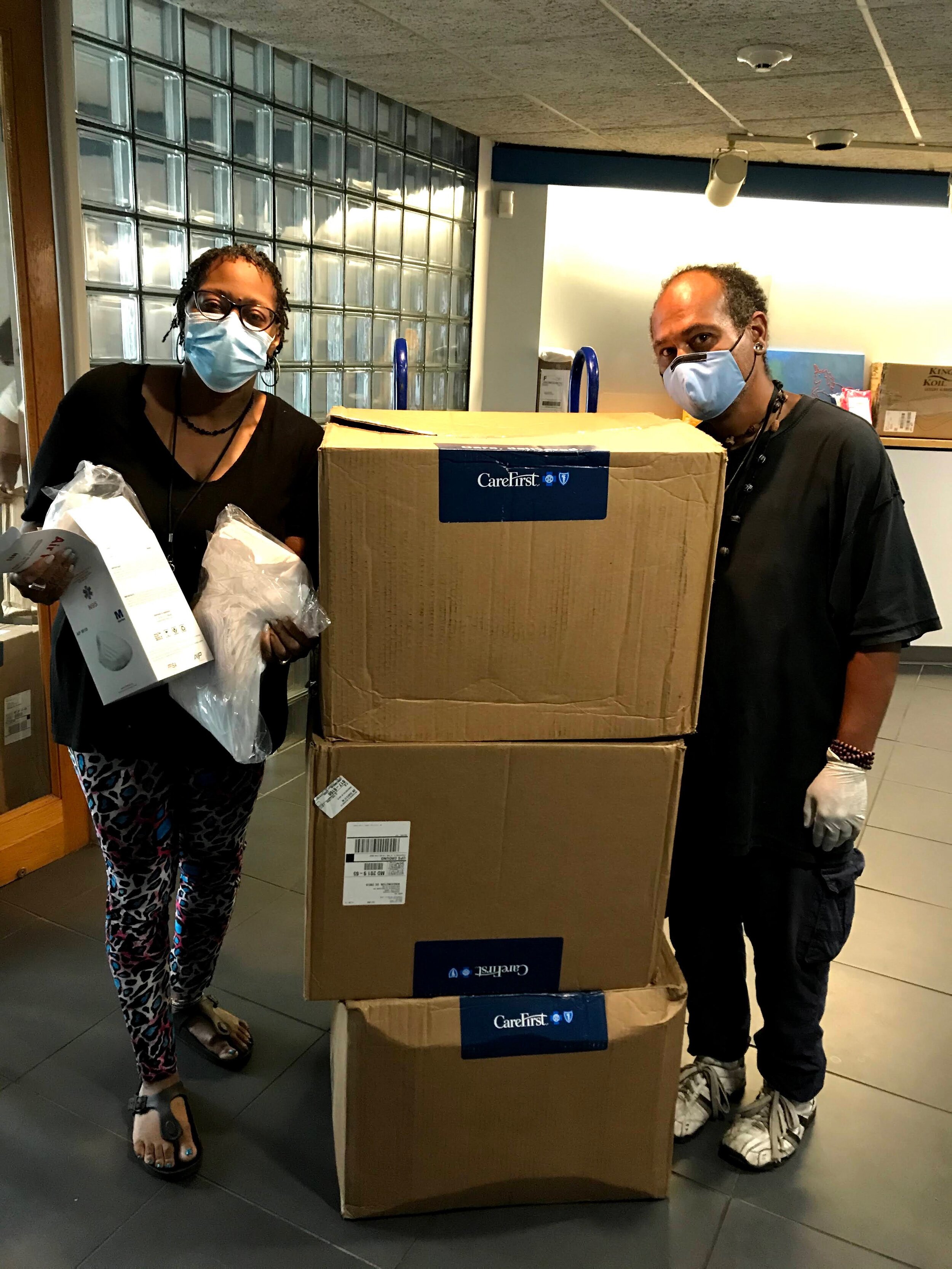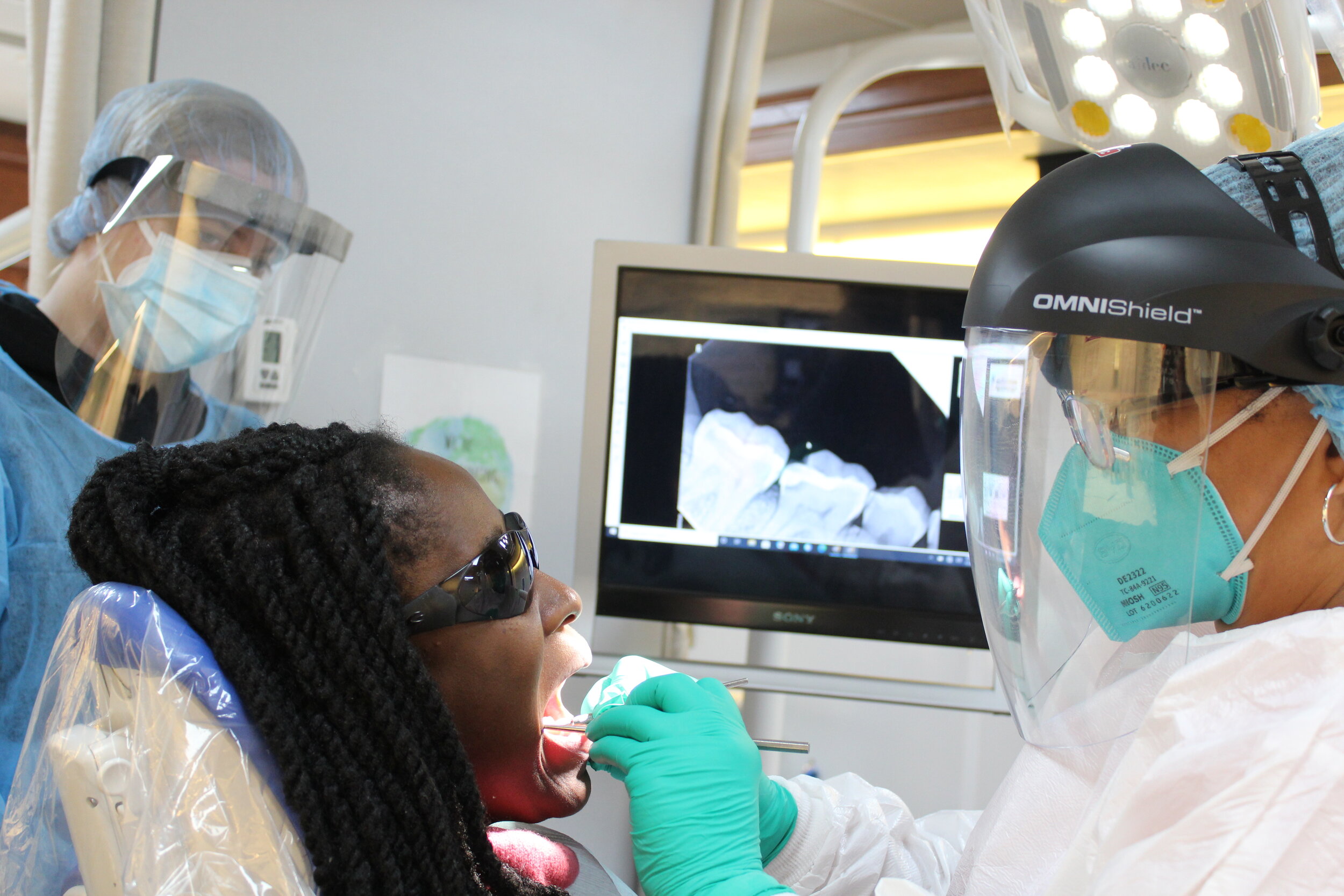By Karla Bruce, Chief Equity Officer for Fairfax County
Nationally and locally, there has been a growing understanding of the role of federal, state, and local government in creating and maintaining inequity—specifically racial inequity—through policy and practice. While overtly discriminatory acts based on race are now illegal, the effects of policies from previous generations, often considered “race neutral,” that regulated features of communities, including who could live where and how wealth could be built, still linger.
Reports from the Urban Institute, and the Northern Virginia Health Foundation have documented this variance in opportunity and vulnerability within Fairfax County and across the region. The Equitable Growth Profile, produced for Fairfax County by PolicyLink in 2015, established that people of color are driving Fairfax County’s population growth, and their ability to participate and thrive is central to the county’s continued economic success.
Adopting an Equity Lens
Fairfax County, as a local government and a community of committed service providers, has exerted considerable effort and resources to meet the basic needs of our most vulnerable residents, yet our work has not produced improvements in life outcomes at the scale desired. The efforts, while well-intended, have focused primarily on the delivery of programs and services to individuals and families, often missing the root causes of these differences in outcomes.
Through an “equity lens” however, the focus is shifting from centering on addressing perceived "lack” in people, to tackling the situations and conditions that are driving the inequities people face.
One Fairfax
November 2020 marks three years since the Fairfax County Board of Supervisors and School Board adopted the One Fairfax Policy, committing the county government and Fairfax County Public Schools to intentionally consider equity when making policies and delivering programs and services.
We are now gaining a better understanding of how opportunity varies, depending on who you are and where you live in the county. Our Countywide Strategic Plan is connecting our jurisdiction’s success to our ability to address the structural barriers to opportunity that exist—and build the productive capacities of all neighborhoods and residents. The plan is grounded in the concepts of Targeted Universalism and building Communities of Opportunity, which abandon a one-size-fits-all policy formula, in favor of an approach that is more place and population focused.
Ultimately, inequities must be challenged and dismantled through the collective action of government and all aspects of community. The transformative institutional work happening inside government is informed, enhanced, and emboldened by the outside work happening with residents, nonprofits, faith-based organizations, business, and philanthropy.
Inclusive Prosperity
The cornerstone of Fairfax County’s approach to advancing equity is addressing the wide gaps in income, employment, entrepreneurship, and other wealth-building opportunities by race and geography. With the Greater Washington Workforce Collaborative (an initiative of the Greater Washington Community Foundation) and support from Capital One, we are working with an expanding group of stakeholders, representing county agencies and nonprofits, to align efforts and fill gaps through the formation of an Inclusive Prosperity Network.
This network will align, leverage, and develop strategies to create an ecosystem that will support the full integration of people of color into the economy, putting more residents on the path toward reaching their full potential. Initially focused on the Richmond Highway Corridor, but with a goal of applying successes and lessons learned to other lower opportunity areas across the county, the Inclusive Prosperity Network is positioned to inform the county’s future economic growth. And now, in the context of COVID-19, the Network is also positioned to foster sustained economic prosperity in Fairfax County in the county’s equitable recovery.
I appreciate having The Greater Washington Workforce Collaborative as a partner in the work of becoming One Fairfax.
When we come together as institutions, government and philanthropy, and live into our unique roles, we are able to magnify our power to disrupt the status quo and dismantle the deeply rooted inequities that plague us and hinder our community’s progress. Working together, we can bolster connections to the region’s assets and resources and facilitate full participation in and contribution to the region’s economic and social vitality and readiness for the future.
About Karla Bruce
Karla Bruce has over 20 years of local government management experience and is known as a driver of innovation in public service delivery, bridging the efforts of local government with the collective action of residents and broad networks of partners to strategically address issues facing vulnerable populations and neighborhoods. Karla currently serves as the Chief Equity Officer for Fairfax County, Virginia where she successfully championed the adoption of the One Fairfax Racial and Social Equity Resolution and Policy and provides overall management of the One Fairfax strategic framework, advising and supporting the Board of Supervisors and Executive Leadership in shaping and directing policy and practice to foster equitable opportunity for all Fairfax County residents.































